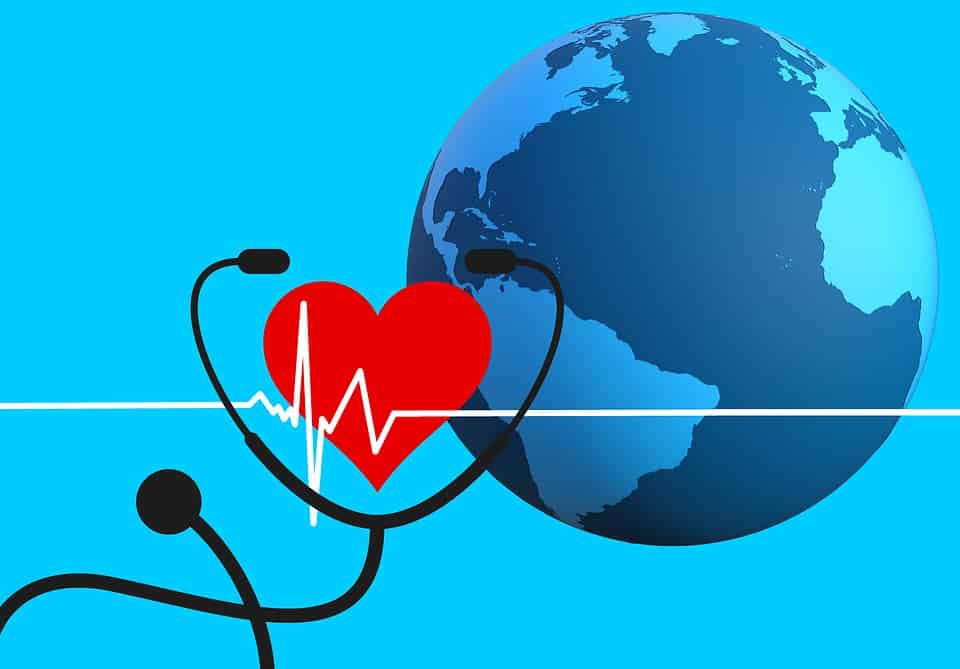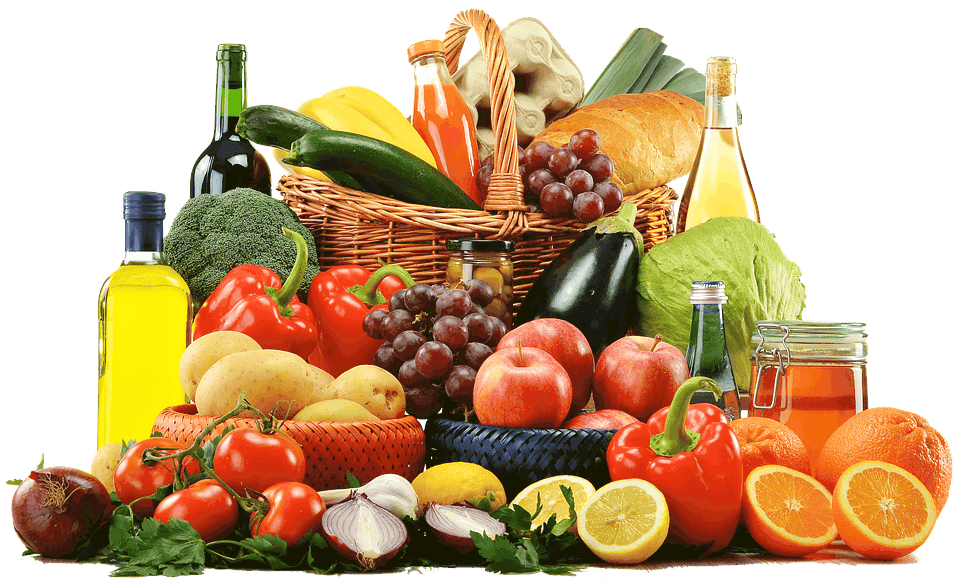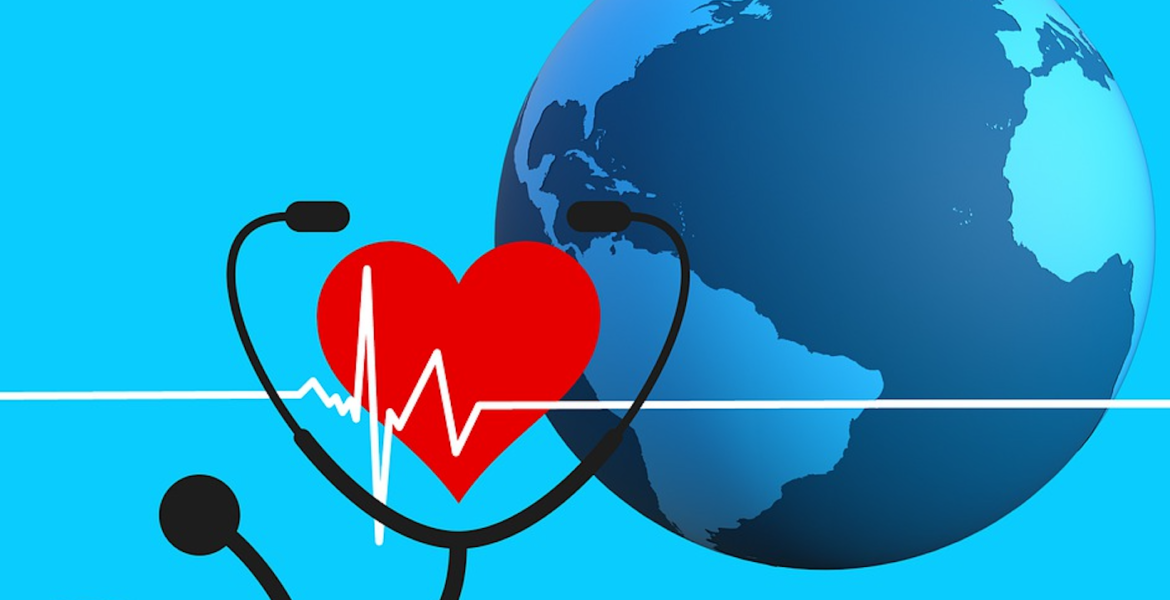
Anthi Naoumi
On 7 April 2021, 'World Health Day' will be commemorated globally, under the theme “Together for a fairer, healthier world”.
It is a day to celebrate and recognise the important aspects of global health.
According to the World Health Organisation (WHO), the COVID-19 pandemic has undercut recent health gains, pushed more people into poverty and food insecurity, and amplified gender, social and health inequities.
So what can you do to help your body?
The answer is simple: maintain a healthy and balanced diet! You don’t have to target a specific nutrient or food; you only need to reach the balance. A healthy and balanced diet is already enough to provide you all you need: vitamins A, B6, B12, C and D, as well as the copper, folate, iron, selenium and zinc.

Food sources:
As you ascertain, it’s easier to keep in mind to have a healthy balanced diet with various and balanced food choices than have all those nutrient in mind!
| Component | Note | Where to find it |
| Vitamin A | Known as retinol | Cheese, eggs, oily fish, fortified low-fat spreads, milk and yoghurt, liver and liver products such as liver pâté |
| Vitamin B6 | Also known as pyridoxine | Pork, poultry (such as chicken or turkey), fish, bread, wholegrain cereals (such as oatmeal, wheat germ and brown rice), eggs, vegetables, soya beans, peanuts, milk, potatoes and some fortified breakfast cereals |
| Vitamin B12 | Basically in meat products | Chicken, beef, fish, dairy, eggs
Fortified foods: cereal, non-dairy milks and soy products (check the food labels to be sure) |
| Vitamin C | Maybe the most advertised nutrient | Citrus fruits (orange, lemon, grapefruit, mandarin), berries, broccoli |
| Vitamin D | An upcoming star! | Fatty fish (salmon, trout) as well as enriched food products (dairy, breakfast cereals, juices) |
| Beta – carotene | Find it in natural foods with intense colour | Yellow, red and green (leafy) vegetables, such as spinach, carrots, sweet potatoes and red peppers, yellow fruit, such as mango, papaya and apricots |
| Copper | - | Nuts, shellfish, offal |
| Folate | - | Broccoli, brussels sprouts, liver (but avoid this during pregnancy), leafy green vegetables (such as cabbage and spinach), peas, chickpeas, breakfast cereals fortified with folic acid |
| Iron | You can better absorb it by combining animal and non-animal sources, and by having vitamin C sources in the same meal | Liver (but avoid this during pregnancy), meat, beans, nuts, dried fruit (such as dried apricots), whole-grains (such as brown rice), fortified breakfast cereals, soy bean flour, most dark-green leafy vegetables – such as watercress and curly kale |
| Selenium | - | Brazil nuts, fish, meat, eggs |
| Zinc | It is better absorbed from animal products | Red meat, poultry, seafood
Non animal products: wheat germ, beans, walnuts, whole grains, tofu and fortified foods |
| Probiotics | The germs we want! | Fermented foods, such as: yogurt, pickles, sour milk |
| Protein | - | Dairies, eggs, meat and meat products, fish and seafood, nuts, beans |
| + Avoid intense and vigorous weight loss methods, which can make your immune system weak. | ||
Non-nutritional key points:
Furthermore, a good night sleep as well as regular exercise and low stress levels can help your immune system.
| What | How much | Reference |
| Sleep | 7-9 hours of a good night sleep | CDC (Center of disease control) |
| Physical activity | ≥150 minutes/week (moderate intensity) | WHO (World Health Organisation) |
Tips in summary:
- Healthy balanced diet!
- Choose food to supplements
- Various and balanced food choices
- Consume at least 3-5 portions of fruit and vegetables, daily
- Have good hygiene practices for your hands and kitchen
- Have a good night sleep
- Be physically active
- Keep your stress levels low
*Anthi Naoumi is a registered dietitian nutritionist at DIETTIPS Diet & Nutrition Center in Thessaloniki.
*More on GCT: Ten Healthy Reasons to add Feta to your Diet
Stay updated with the latest news from Greece and around the world on greekcitytimes.com.
Contact our newsroom to share your updates, stories, photos, or videos. Follow GCT on Google News and Apple News.


